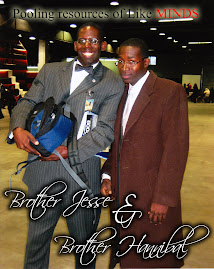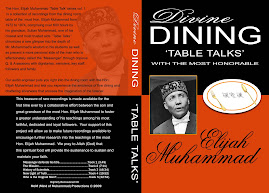A scene shows a replica of the signature of a Cherokee leader who signed the duplicitous 1835 treaty that led to the tribe's and their slaves' relocation. Two decades later, that Cherokee leader, John Adair Bell, kidnapped and re-enslaved my third great-grandmother, Malinda, and two of her children. He carted them to Texas, and that family was never whole again.
Another sequence dramatizes the brutal assassinations of three other Cherokees who signed that treaty. The killings happened soon after the tribe arrived in Indian Territory, touching off prolonged infighting between two factions.
Similar assassinations of two of Bell's cousins in 1853 appear to have scared him enough that he fled to Texas. For some reason, he felt that exile entitled him to Malinda—who was born a slave to Bell’s in-laws but had been freed—and her two young daughters.
One of the living commentators who appears later on in the documentary is Gayle Ross, a descendant of the most famous Cherokee chief, John Ross, who led the tribe through the Trail of Tears and the Civil War, a period covering almost 30 years.
Ross and I met, acrimoniously, last summer in Chicago after I publicly blasted Cherokee Principal Chief Chad Smith for his inaccurate and dismissive rendering of the freedmen history and their claim to tribal citizenship.
Ross told me she was upset by my description of her ancestor as a slaveholder. “He was much more than that,” she said when I encountered her on an escalator in the city’s convention center.
My comments came during a forum about freedmen citizenship at a conference of African-American, Native American, Asian and Hispanic journalists. The quadrennial conference has the ambitious title, UNITY!
The conversation with Ross spilled out of the meeting room and back onto the escalator and, up to that point, had been polite and intense. Then, with a sharp note of hostility, she said something about not letting “other people” tell “our” history. Our history. Suddenly, me and my family were defined as the outsiders.
I responded with some shared history she probably didn’t know. In 1875, a relative of hers—another descendant of John Ross—shot and killed the first wife of my second great-grandfather (Malinda’s son). The tribe then manipulated the court system to ensure the shooter got off without a trial. Those revelations were enough for her to back off.
As it turns out, Gayle Ross and I are cousins by marriage. After the Civil War, a Cherokee cousin of hers and a freedman cousin of mine (Malinda’s nephew) married and had eight children in the Cherokee Nation.
The names of our married distant relatives are in the History of the Cherokee Indians and Their Legends and Folklore by Emmet Starr, the eminent Cherokee genealogist. On page 417: Sarah Cynthia Clark (Ross’ relative) and Allen Lynch (mine).
How did I come to know this? The lawsuit seeking Cherokee citizenship for freedmen descendants cites discrepancies in how children were categorized in a census at the turn of the 20th century that determines eligibility for Cherokee citizenship. Some children were recorded as black, some as Cherokee by blood.
The Cherokee Nation’s attempt to disown part of its history, and those who share it, is actually doing more to bring that history into the open.
Kenneth J. Cooper, a Pulitzer Prize-winning reporter, is a freelance journalist based in Boston.









































"...discrepancies in how children were categorized in a census at the turn of the 20th century that determines eligibility for Cherokee citizenship."
ReplyDeleteYou present a factor that has plagued my thoughts for a very long time. I have often wondered how some of my relatives who were Cherokees and Choctaws by blood were left off of the indian rolls,when some of their other family were not. I don't think it too far-fetched to assume that during this time period ,at least, some of the white bureaucrats from washington who conducted the operation of expropriating indian lands did so with a great deal of racial bias and ignorance.
"The Cherokee Nation’s attempt to disown part of its history, and those who share it, is actually doing more to bring that history into the open."
You are very correct. This attempt to blot out a piece of Cherokee history and heritage is bringing more awareness to the deeply intertwined history of native peoples, african slaves, and early european settlers. This is the stuff that you don't hear nor learn about in school. Guess that's what the saying "history is written by the conquerors" means...